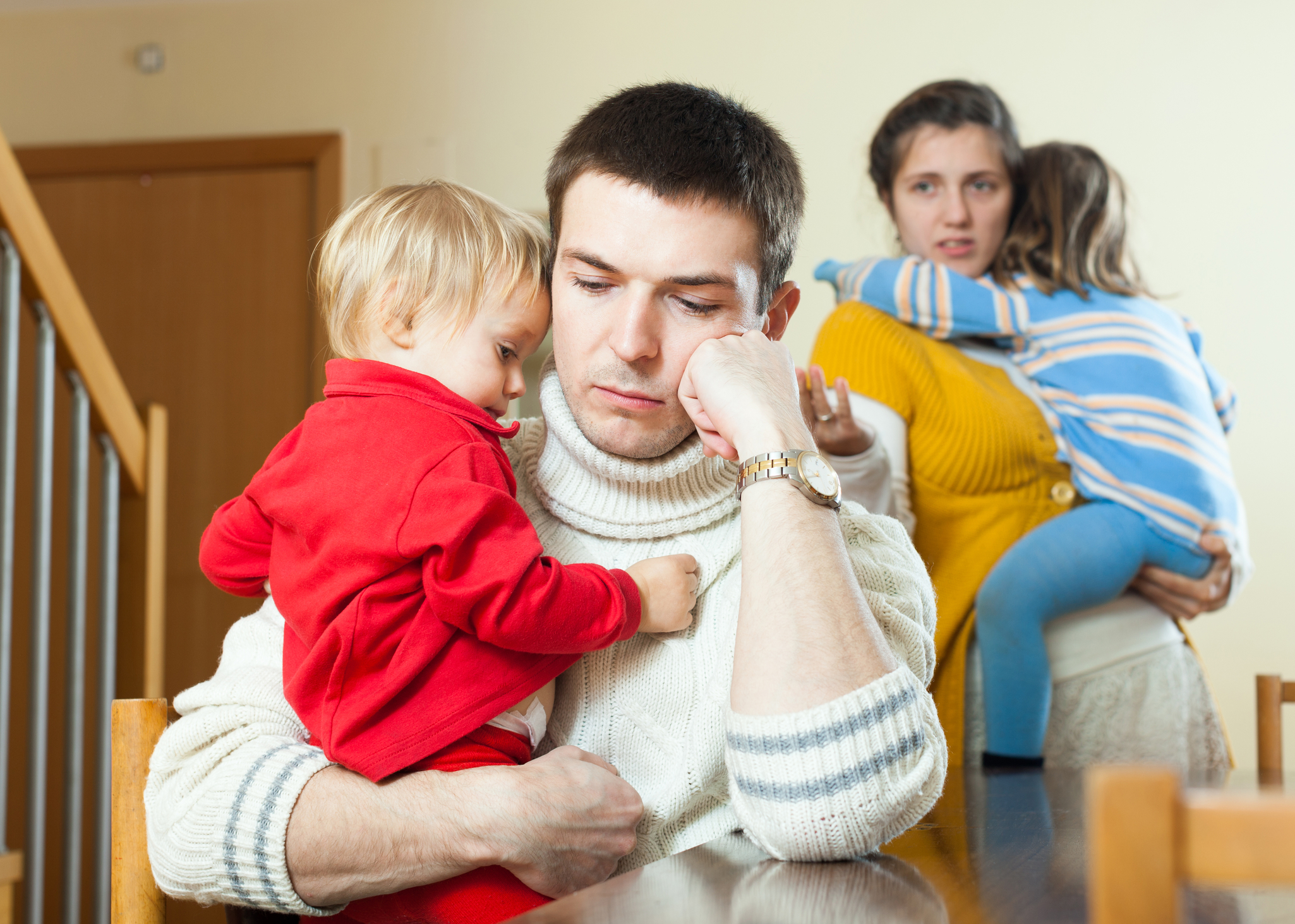Postpartum Depression Causes And Symptoms
Risk Factors

A woman’s risk of postpartum depression increases if the pregnancy was unwanted or unplanned or if she is having problems in her relationship with her significant other. Job stress, health, and financial problems may also increase the risk of postpartum depression. Having a history of depression, anxiety or bipolar disorder also increases the risk. Babies with special needs or having difficulty breastfeeding may cause postpartum depression. Having a weak support system or lack of help with the new baby may cause sad feelings.
When To Seek Treatment

Women who experience depressive symptoms for longer than a few days or weeks should seek treatment to help cope with the daily stress of a new baby. Seek immediate treatment if feelings of suicide or thoughts of harming the baby are present. For many women, postpartum depression may get better over time; however, seeking treatment can help make the day to day responsibilities easier. Speaking to a therapist a few times a week or taking an anti-depressant may help provide relief.
